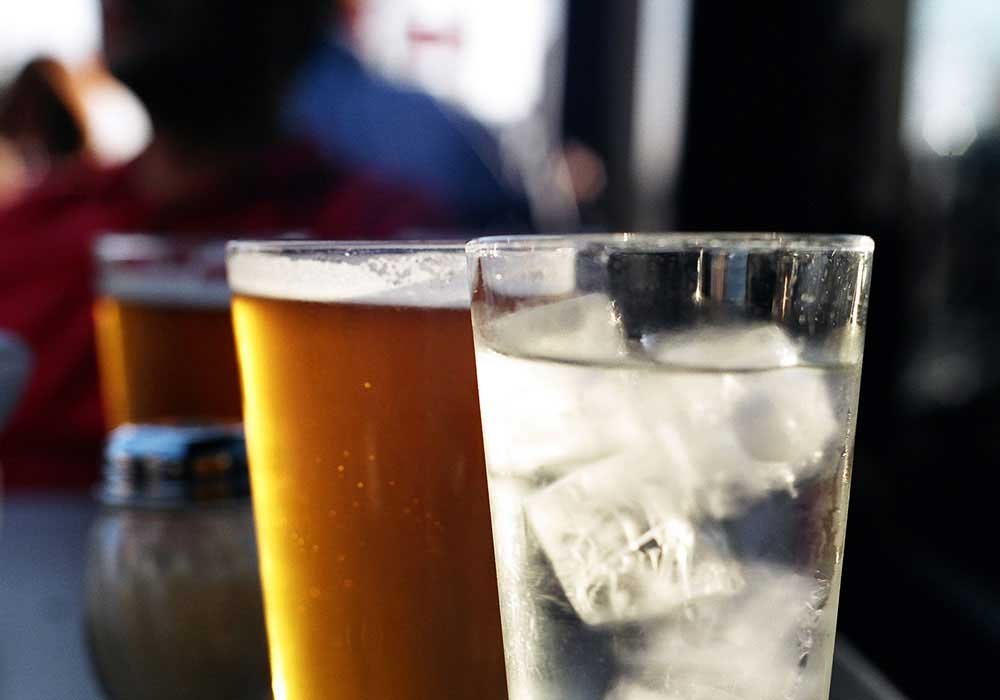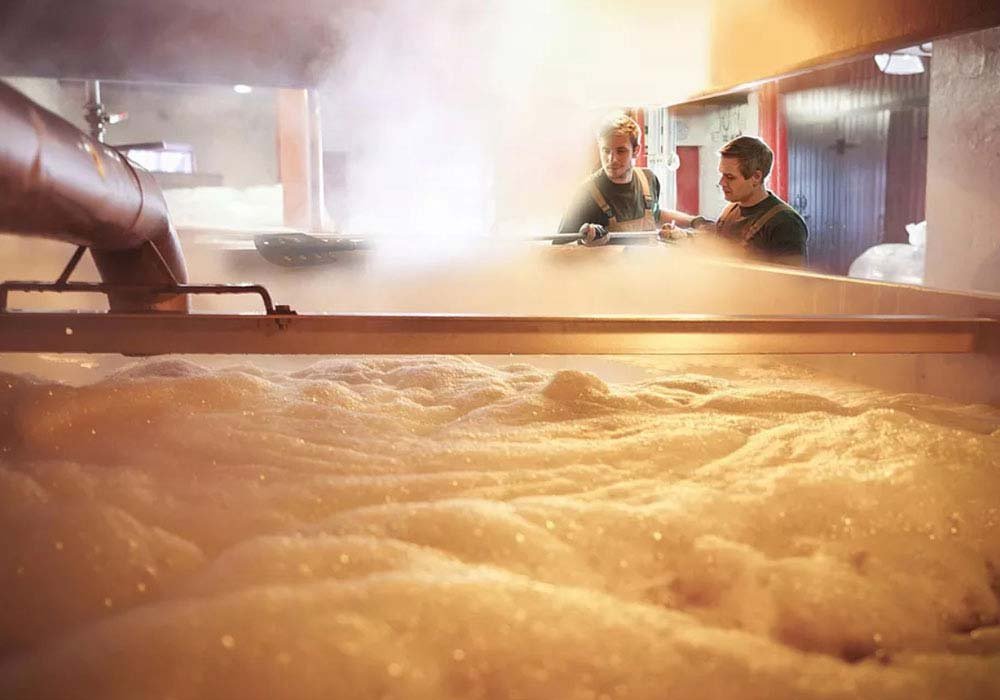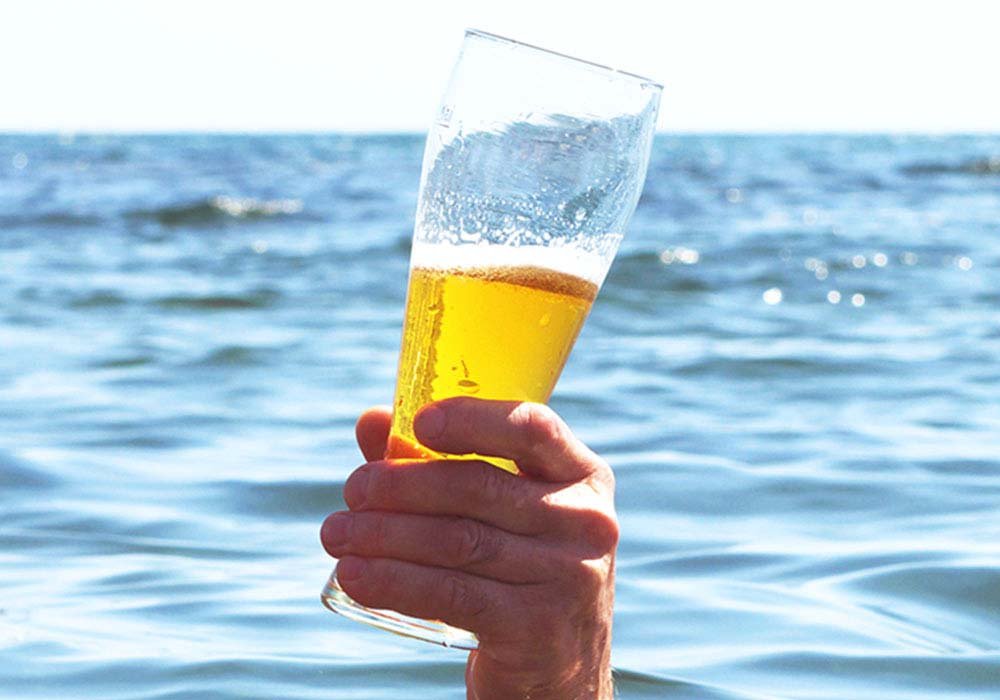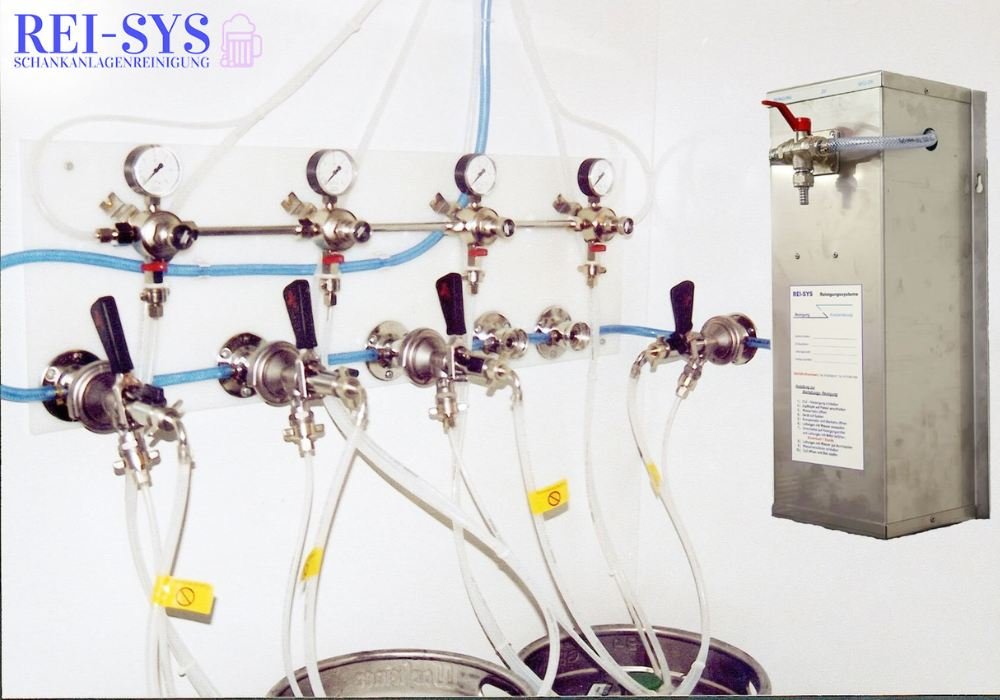Great-Tasting Beer? It’s All In The Water.

Almost all beer drinkers know this: beer is made from three main ingredients – barley, hops and yeast. While we often get caught up with the specifics of the first three ingredients, we often forget the addition of another very important element – one that makes up for almost 90 percent of pretty much any beer’s composition: water.
You’ve often seen beer industry players talk about the importance of proper water quality management systems in beer brewing, whether they’re large brands or smaller independent craft beer brewers. That is because no beer can be brewed without fresh, clean water. The higher the quality of the water used, the finer the taste and quality of the brew.
In the earlier days, the choice of beers brewed was based on the local availability of water, as opposed to the brewing systems that can adapt to pretty much any environment today. For instance, Burt-on-Trent, a small town in the UK, where the water contains an unusually high level of sulfates, went through several decades of trial and error before they realised that the water was best suited for brewing highly hopped beers, a style that the town is now quite famous for!

There are three main elements of water that ultimately impact the taste of your beer: mineral composition, pH, and alkalinity.
- The water’s hardness and mineral make-up are responsible for contributing flavor and influencing the yeast fermentation process.
- The pH of the water boosts enzymatic action in the mash and triggers the proliferation of yeast during the fermentation stage.
- The alkalinity of the water creates a buffer to prevent pH fluctuation throughout the brewing process and to stop the growth of bacteria. This process also prevents astringency and the stripping of excess tannins from the beer, thus ensuring the beer retains its delicious flavour.
These three factors are intricately linked and work in tandem to create the desired taste and color of the beer.

Soft water with a lower pH value is great for crisp, full-bodied beers such as ales and pale lagers with a strong hop character. On the other hand, water with elevated levels of hardness is better for brewing extra strong, darker beers such as stouts. This is because the dark roasted malts lower the pH of hard water, and facilitate the reduction of the alkalinity and pH. This information is something that brewers only learned over time; those who preferred brewing darker beers would set up their breweries near hard water sources, while those who brewed ales and lagers set up their brewing plants closest to soft water sources.



